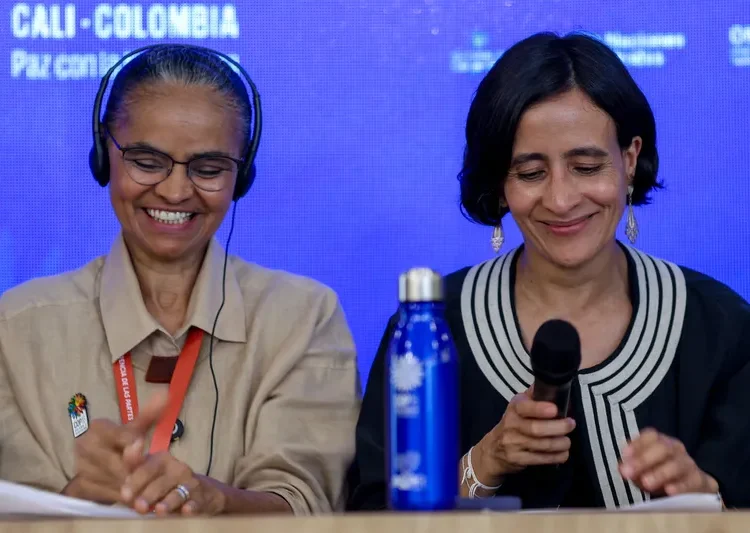The Brazilian government has presented the renewal of the National Plan for the Recovery of Native Vegetation (PLANAVEG, in Portuguese) during COP16, held in Cali, Colombia. The new phase of the plan will run from 2025 to 2028 and aims to restore 12 million hectares by 2030.
Originally created in 2017, the plan aims to expand and strengthen public policies, promote investment, and develop methodologies for recovering native vegetation. It includes eight strategic axes: raising awareness, producing seeds and seedlings, fostering markets in recovery areas, improving financial mechanisms, strengthening institutional cooperation, monitoring, training, research, and innovation.
Minister for the Environment and Climate Change, Marina Silva, commented on the plan's renewal, noting that although it was created by a previous administration, the PLANAVEG update preserves the core principles of the original plan. According to her, public policies must continue, even if they are updated.
"You don't have to reinvent the wheel with every new government. We need to update. Protecting biodiversity, promoting recovery, and preserving green areas are fundamental. More importantly, we must promote sustainable use. The commitment to restore 12 million hectares is not just the government's responsibility; it involves federal entities, the scientific community, civil society, the private sector, and financing agents. We need to integrate these efforts," she said.
She also emphasized the need to base public policy on evidence, not only from modern scientific knowledge, but also from traditional knowledge of communities associated with natural resources.
Silva highlighted the importance of enforcing the agreements signed at COP15, held in Montreal, Canada, in 2022. On that occasion, 23 targets were set to "contain and reverse biodiversity loss by 2030," with a goal to protect at least 30% of terrestrial and aquatic ecosystems by 2030.
She believes it's essential to rethink the global funding architecture, including the Global Environment Facility. The minister also advocated for the inclusion of Indigenous peoples and traditional communities in discussions on the use of genetic heritage. Silva also celebrated the reduction in deforestation in the Amazon since she took office. According to her, the biome experienced a 50% drop in deforestation in 2023 and 30% in 2024.
The minister also mentioned that Brazil used its presidency of the G20—a group of the 20 largest economies on the planet—to implement measures and emphasize the importance of preserving nature and combating deforestation. "We proposed the Tropical Forests Forever mechanism, which aims to generate a flow of permanent financial support for tropical countries that conserve their forests for the benefit of all humanity," she stated.
COP16 is the Conference of the Parties organized by the UN, focusing on biodiversity. This event is attended by countries that are signatories to the Biodiversity Convention. The difference with the much better-known Climate Change COP is that the latter is attended by countries that are signatories to the UN climate change agreement.




